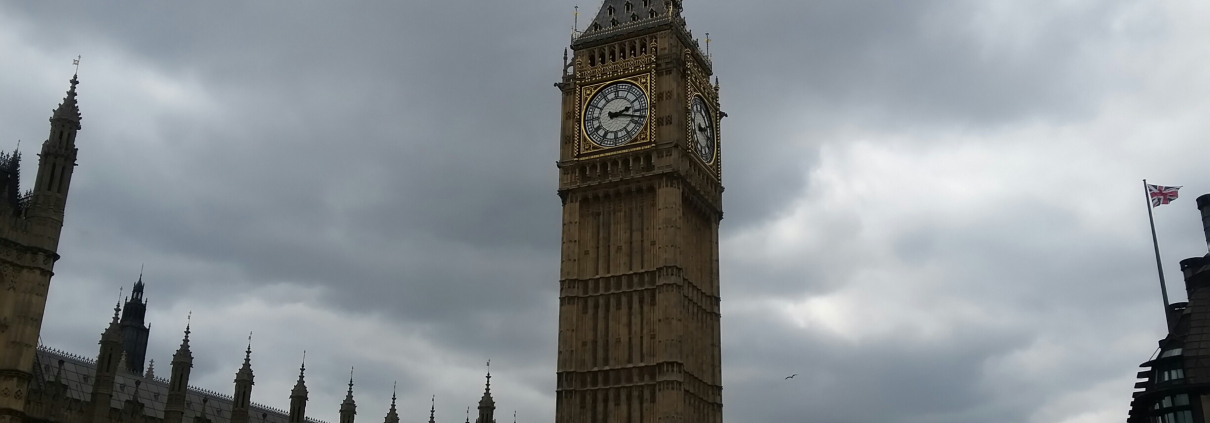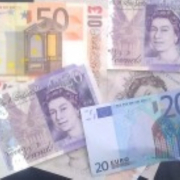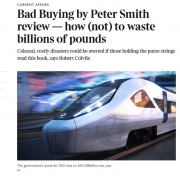Purchasing Cards – Open to Fraud or Better than Purchase Orders?
An interesting procurement story emerged recently, but it got somewhat lost in the focus on the UK “not-a-budget-just-a-financial-statement” a couple of weeks back, which gave tax cuts to deserving premiership footballers, bankers and professional services firm partners.
The Labour Party investigated the use of corporate purchasing cards in the UK’s Foreign Office, the government department that was until recently run by Liz Truss, now our esteemed Prime Minister. That threw up all sorts of interesting expenditure, and Emily Thornberry, shadow minister, send a long letter outlining the issues and questions. At least one purchase appears to have been fraudulent and is under investigation. But Rayner highlighted an overall increase in card spend of 45% and various other items that on the surface look dodgy.
As Sky News reported, “The Foreign Office spent more than £4,300 of public money on two trips to the hairdresser and nearly £1,900 at the Norwich City FC shop when Liz Truss was at the helm, documents show”.
I can’t comment on whether transactions were legitimate of course. But there is a history of misuse of cards in the Department, as I featured in the Bad Buying book. In 2019, a Foreign Office employee appeared at Southwark Crown Court in London. She was accused of blowing nearly £20,000 on government credit cards in a month-long “gambling binge”. Laura Perry was alleged to have made almost 250 transactions over 30 days with an online casino, using Foreign Office purchasing cards. She also allegedly used a card for a personal restaurant meal. She had been given the cards to book travel tickets, pay for accommodation and make payments for other costs incurred by government and visiting dignitaries.
She claimed she had accidentally mixed up the card with her own – which can be done – but ultimately, she pleaded guilty to stealing £2,223. But she was cleared on the £20,000 accusation relating to the gambling, claiming it was her ex-boyfriend who used the card for that purpose.
However, cards do have advantages, not least in that they provide a better audit trail than expenditure made via requisitions, purchase orders, or simply the old “phone call to the supplier” method! Ironically, card spend gets a bad press in part because it is transparent, and we have to be careful before jumping to conclusions. Any major card scheme will see some exmaples of inappropriate purchases, but that does not invalidate their use and benefits. Here is an extract from “Bad Buying”.
“Some years ago, I talked to a logistics manager based in the UK Ministry of Defence’s Head Office. He told me he had not long returned from Afghanistan, where he was working as a logistician in a big military camp there.
We talked about the need for buying processes to be flexible and for buyers and logistics people to be able to react quickly in military situations. The use of the Purchasing Card came up, and he explained there had been a bit of an internal furore when finance had looked at expenditure on the card in use at the Camp. One invoice related to expenditure on a range of golf equipment. That looked very strange, possibly fraudulent.
But it wasn’t. He explained that opportunities for rest and relaxation were limited for the troops in Afghanistan. Not many friendly bars, you couldn’t just go off for a run through the hills or take a trip to the beach. So, someone had the bright idea of buying some golf equipment and rigging up practice nets. Even non-golfers were getting into it, with more expert players offering lessons. The golf kit showed up on the Card bill, and looked odd, but most people would agree it actually was an appropriate and intelligent use of public money.
As a corporate executive, and on behalf of the firm, I’ve bought retirement presents, flowers for staff to celebrate a wedding or birth, strange items to be used on corporate away-days, booze, and many items that would have looked odd on that card bill. But all were justified and for the organisation’s benefit, not mine. Another case saw a government body chastised for spending money at a horseracing venue. But that was explained as the fees for a legitimate business meeting, booked in the hospitality suite on a day when no racing was taking place”.
So P-cards can be used positively in the public sector. Thornberry’s other issue is that the Foreign Office refused to answer some of her questions about the spend, saying the information could “only be obtained at disproportionate cost”. That is not acceptable – but we shouldn’t throw the P-Card baby out with the bathwater. Managed properly, cards have a useful role to play in the procurement armoury.








Leave a Reply
Want to join the discussion?Feel free to contribute!